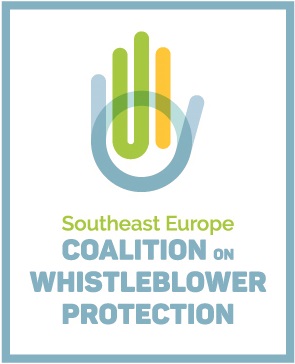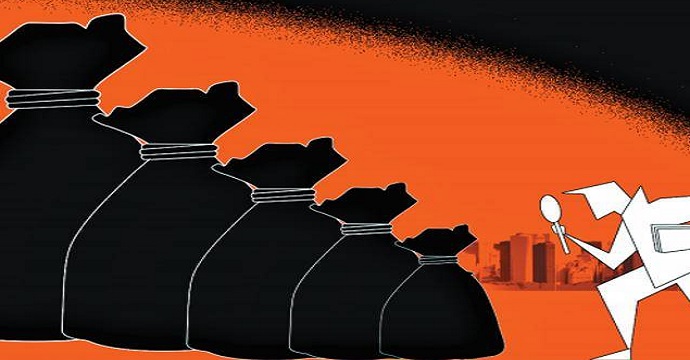Parties’ finances are under scrutiny of the institutions, but not as much as their property, which should be available to the public, experts comment on the SCOOP-Macedonia published story, where we published detailed title deeds of the four main parties. Although the parties claim that they regularly make inventory and submit these documents to the state institutions, however, on their web sites no annual financial statements can be seen, let alone what they own. Even from the State Audit Office they say that parties’ property is mentioned in the reports only in passing, and their focus is on the money on political parties’ accounts.
Looking at the parties’ financial statements prepared by the State Audit Office, the parties’ property is mentioned only in passing and only in cases where auditors have concluded certain conditions. For example, in the Annual Report of VMRO-DPMNE for 2012, published in 2013, it was concluded that in 2012 the party signed 69 leases with individuals, but also that there was a lack of records on the number and manner of use of these facilities. Then, in the Annual Report of SDSM that year it was stated that the number of municipality organizations at the time was 80. The audit found that 10 municipality organizations were located in buildings owned by the party, while others were in buildings inherited from the previous legal entity or leased. But auditors did not receive any information where the other 42 municipal organizations were located.
In the same year auditors did not receive any data on the manner of regulation of mutual rights and obligations of the party DUI with legal entities or individuals where the party used premises, except for the party headquarters. In the conducted audit of DPA in 2012, however, it was determined that “the party does not have enough evidence to confirm the number of branches that use business premises, their headquarters and manner of their use (with or without compensation)”.
“The primary objective of the State Audit Office is to audit the financial-material operations of the party, casually checking the parties’ property, but we do not make any special reports on it but it is mentioned in regular reports we prepare for the parties”, says Mijalce Durgutov, State Audit Office’s spokesman.
Vanja Mihajlova, anticorruption expert, says she is surprised at how much property political parties have. According to her, the work of the parties should be made public.
“Property is bought with money and PRO controls it. In the annual report the parties have to say where the funds they bought property with are from and whether the tax has been paid. PRO is to have the main role in the control of the parties’ property. Unfortunately, no party is transparent enough in terms of funding sources, although laws oblige their work to be public”, points out Mihajlova. Former president of the State Commission for Prevention of Corruption, Dragan Malinovski shares the same attitude and says that the acquisition of parties’ property should be in the focus of auditors’ interest. He adds that in the annual report parties should state items of acquired property.
“In Macedonia there are enough laws that govern everyone’s property, even the parties’. In this sense, there are a dozen institutions responsible for the origin of such property: PRO, the State Commission for Prevention of Corruption, the Public Prosecutor’s Office, Financial Police etc. I do not think a new law is necessary because this matter is regulated by the existing laws. For example, when you pay 1.7 million dollars on lobbyists in Washington there are at least five institutions to react, to call you and ask you where those assets are from. As in Macedonia institutions do not function, the impression is that extra laws are necessary to areas that are already regulated by law”, said analyst Sasho Ordanoski.
Analyst Suad Mesini believes that the parties are fully nontransparent in reporting and owning property. “It is proved in two ways – if the property is purchased, it is not seen in the financial statements, and if donated, it cannot be seen in the register of donations that should be legally published to be available to all citizens” he says. Mesini adds: “In previous elections VMRO-DPMNE had, if I may say so, an event of purchasing properties that the State Audit Office marked as a problem in terms of displaying leases of municipal, local party headquarters, but it did not refer to the property which was later proved to be purchased, i.e. VMRO-DPMNE said it was purchased”.
(The story was is supported within the NED project “Raising Awareness about Corruption through Investigative Reporting”)








